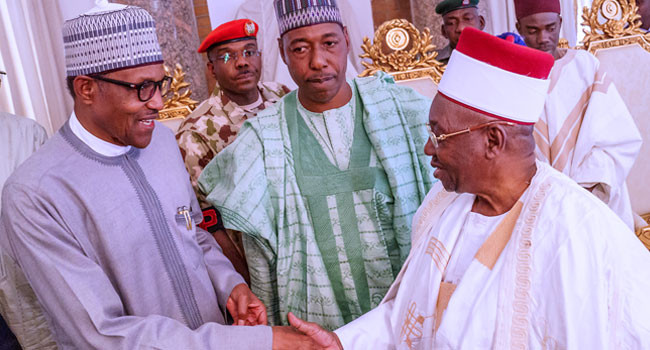Three Indian soldiers have been confirmed dead following a "violent face-off" on Monday night with Chinese troops at Galwan Valley in Ladakh, in a massive escalation in the middle of efforts to defuse weeks of tension at the border.
The Indian soldiers killed at the border clash have been identified as Colonel B Santosh Babu, Havildar Palani and Sepoy Ojha. Indian Army sources said the soldiers were not shot but were killed in a physical fight which involved stones and batons on Indian Territory.
Though the Indian army did not specify the number of additional Chinese casualties in a statement released on Tuesday June 16, it however said senior military officials from both sides are currently meeting to defuse the situation.
Indian Defense Minister Rajnath Singh on Tuesday held a meeting with senior Indian military officers. He "reviewed the current operational situation in Eastern Ladakh" with the Chief of Defense Staff, and the chiefs of the Army, Navy and Air Force, the army said. The country's External Affairs Minister was also present.
CNN reported that Chinese Foreign Ministry spokesman Zhao Lijian had said on Monday;
"Indian troops seriously violated our consensus and twice crossed the border line for illegal activities and provoked and attacked Chinese personnel which lead to serious physical conflict between the two sides."
"China has lodged strong protest and representation with the India side, and we once again we solemnly ask the India side to follow our consensus and strictly regulate its front line troops and do not cross the line and do not stir up troubles or take unilateral moves that may complicate matters. We both agreed to resolve this issue through dialogue and consolation and make efforts for easing the situation and upholding peace and tranquility in the border area."
Zhao did not comment on whether there had been any Chinese casualties. China's People's Liberation Army (PLA) also released a statement Tuesday, calling on the Indian army to immediately stop what it described as "provocative actions" and to "resolve the issue through the correct track of dialogue and talks."
Zhang Shuili, the spokesman of the Western Theater said in a statement on China's Ministry of Defense website;
"The sovereignty of the Galwan Valley region has always belonged to China. Indian troops violated its commitment, crossed the borderline for illegal activities and deliberately launched provocative attacks.
"Serious physical conflict between the two sides had resulted in casualties.
"We solemnly ask the India side to strictly regulate its front line troops, immediately stop all infringement and provocative actions, go toward the same direction with China, and return to the correct track of dialogue and talks to resolve differences."
Tensions have been growing in the Himalayas along one of the world's longest land borders since last month, with New Delhi and Beijing both accusing the other of overstepping the Line of Actual Control (LAC) that separates the two nuclear armed neighbors. The territory has long been disputed, erupting into numerous minor conflicts and diplomatic spats since a bloody war between the two countries in 1962.
The LAC runs between Chinese-controlled Aksai Chin and the rest of the disputed Jammu and Kashmir region. The rough border line was the result of the India China border dispute in 1962, but neither side agrees exactly where it is or how long it is.
Aksai Chin is administered by China as part of Xinjiang, but is also claimed by the Indian government as part of Ladakh.
This is the first violent incident involving fatalities since 1975 between India and China, who fought a border war in 1962.






0 Comments